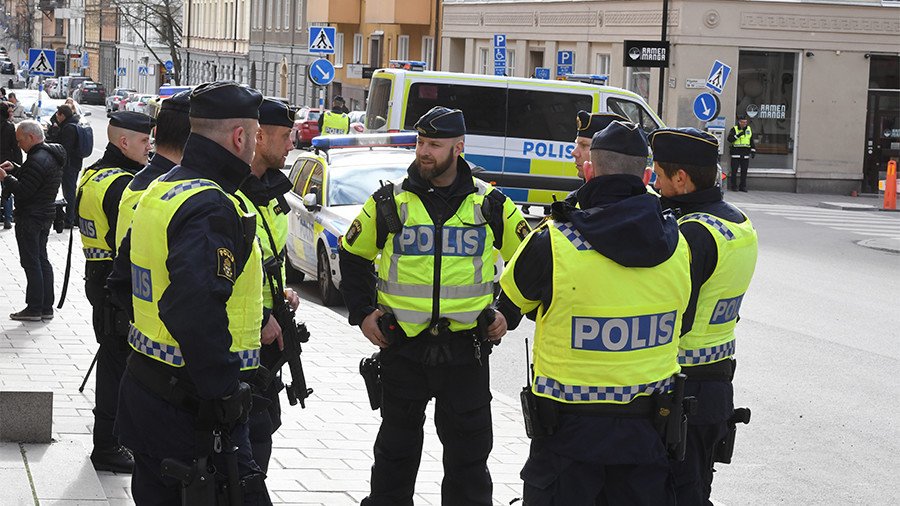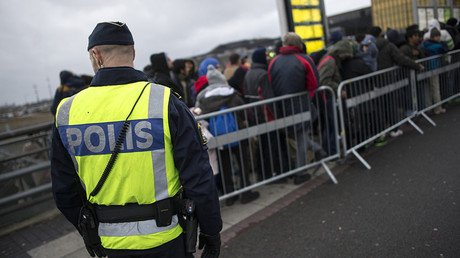Crimes reach record high in Sweden years after refugee crisis – report

The number of such crimes as sexual assault or mugging has reached its highest level in Sweden over more than a decade, a governmental survey says. The major increase in the crime rates comes in the years following the refugee crisis.
The number of Swedes who fell victims of some or all types of crime that are collectively defined as “crimes against individuals,” has sharply increased over the last two years, the National Security Survey (NTU) conducted by the Swedish Crime Prevention Council (Bra) says. Crimes against individuals involve assault, threats, sexual offenses, mugging, fraud and harassment under the Bra classification.
According to the survey, 15.6 percent of the Swedish population were subjected to some or all of these types of crime in 2016, which is more than two percent higher than in the previous year. The Bra, which is a Swedish government agency that acts as a research center under the Justice Ministry, notes that crime rate concerning these types of offenses remained relatively stable between 2005 and 2014 and stood at 11-13 percent.
The 2016 crime rate is said to be the highest one recorded since the Bra started conducting its annual crime surveys. The report went on to say that the number of harassment, sexual offenses and fraud cases saw the biggest increase over recent years.
Out of six types of offenses mentioned in the survey, five rose to their highest level on record in 2016. The number of assault cases reached its second-highest level over a decade, the report shows.
The number of victims of fraud rose from 3 percent to 4.3 percent of the entire Swedish population while the number of those who were subjected to threats or harassments increased from 4 percent to about 5.5 percent from 2014 to 2016. At the same time, the number of the victims of sexual offenses doubled from less than 1 percent to 2.5 percent.
“Young women aged between 16 and 24 is the group that’s most subject to sexual offenses, with 14 percent of young women stating that they were victims of at least one such crime during 2016,” the Bra said. It also added that most crimes recorded in the survey had not been reported to police.
The council said that sexual offenses and harassment were the least reported types of offense as only 11 percent of those subjected to such crimes reported the incidents to police. "The most common reason for not reporting the crime is that the victim does not believe the police can do anything,” Thomas Hvitfeldt, a unit manager at Bra, said, commenting on the issue.
The survey, however, “gives no answers” to the reasons behind the increase of these particular types of crime, the council said in a press release. It added that “additional analysis” is needed to better understand the causes of the trend.
The survey is based on interviews with approximately 12,000 people aged between 16 and 79. It has been carried out annually since 2006.














